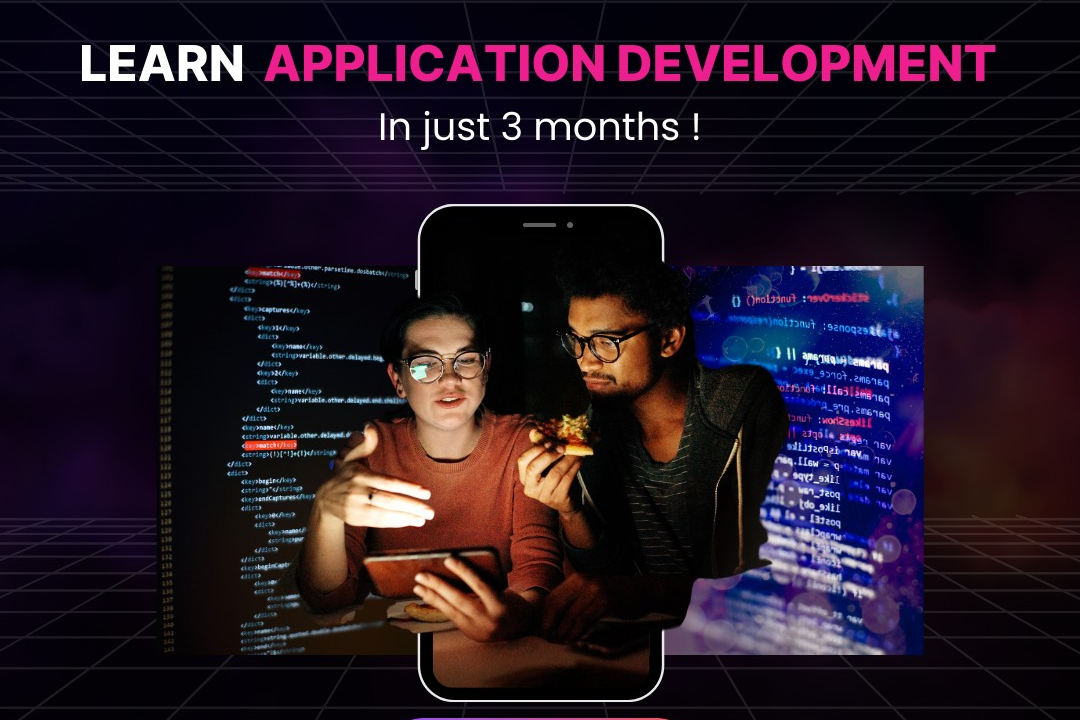Learning android frameworks
Mastering Android Frameworks
Learning android frameworks
Learning Android frameworks involves understanding the various libraries and components that facilitate the development of Android applications. Key frameworks include the Android SDK, which provides the essential building blocks for app development, and Jetpack, a suite of libraries that simplifies complex tasks such as navigation, lifecycle management, and data persistence. Familiarity with frameworks like Retrofit for networking, Room for database management, and LiveData for reactive UI updates is crucial for modern Android development. Understanding these frameworks not only accelerates the development process but also enhances app performance, maintainability, and the overall user experience, as they enable developers to leverage pre-built functionality and best practices. As you delve into learning these frameworks, hands-on practice and building projects are vital to solidifying your understanding and skills.
To Download Our Brochure: https://www.justacademy.co/download-brochure-for-free
Message us for more information: +91 9987184296
1 - Understanding Android Architecture: Begin with an overview of Android's architecture, explaining its layers (Applications, Application Framework, Libraries, Android Runtime, Linux Kernel) which helps students grasp how different components interact.
2) Core Components of Android: Teach about the main components such as Activities, Services, Broadcast Receivers, and Content Providers, crucial for building Android applications.
3) Android Manifest File: Explain the role of the AndroidManifest.xml file in defining app configuration, permissions, and components, which is essential knowledge for any Android developer.
4) UI Design with XML: Demonstrate how to create user interfaces using XML layouts and understand the importance of different layout types (LinearLayout, RelativeLayout, ConstraintLayout) for responsive design.
5) Java and Kotlin for Android: Introduce students to both Java and Kotlin programming languages, focusing on Kotlin as it is now the preferred language for Android development.
6) Activity Lifecycle: Teach students about the Activity lifecycle methods and their states, which are fundamental for managing UI and resources effectively in Android.
7) Intents and Navigation: Explain the use of Intents for inter component communication and how to handle navigation between activities and fragments.
8) Data Persistence: Dive into various data storage options: Shared Preferences, SQLite Database, and Room Database, teaching students how to store and retrieve user data.
9) Networking in Android: Cover networking fundamentals, including RESTful APIs and how to use libraries like Retrofit and Volley for making network requests.
10) Working with APIs: Implement hands on projects to consume various public APIs, teaching students how to parse JSON and handle data in Android applications.
11) Third party Libraries: Introduce popular third party libraries, such as Glide for image loading, Gson for JSON parsing, and Dagger for dependency injection, to enhance app functionality.
12) Material Design Principles: Discuss Material Design guidelines and how to implement them to create aesthetically pleasing and user friendly applications.
13) Testing Android Applications: Teach various testing frameworks like JUnit and Espresso, emphasizing the importance of unit and UI testing for ensuring app quality.
14) Debugging Techniques: Provide students with strategies for effective debugging using Android Studio's debugging tools to identify and fix issues in their applications efficiently.
15) Publishing Android Apps: Guide students through the process of preparing their apps for release, including signing the APK and publishing on Google Play Store, highlighting best practices for app distribution.
16) Introduction to Jetpack Components: Familiarize students with Android Jetpack libraries, explaining components like LiveData, ViewModel, and Navigation, which simplify Android development.
17) Using Android Studio: Train students to effectively use Android Studio, covering IDE features like layout editor, code completion, and version control integration for a better development experience.
This training program will provide a comprehensive understanding of the Android framework, equipping students with the essential skills needed for modern Android application development.
Browse our course links : https://www.justacademy.co/all-courses
To Join our FREE DEMO Session: Click Here
Contact Us for more info:
salesforce course in noida
thread life cycle in java
iOS training in Neyveli
Java Interview Questions for Technical Architect 2024
React Native training course











